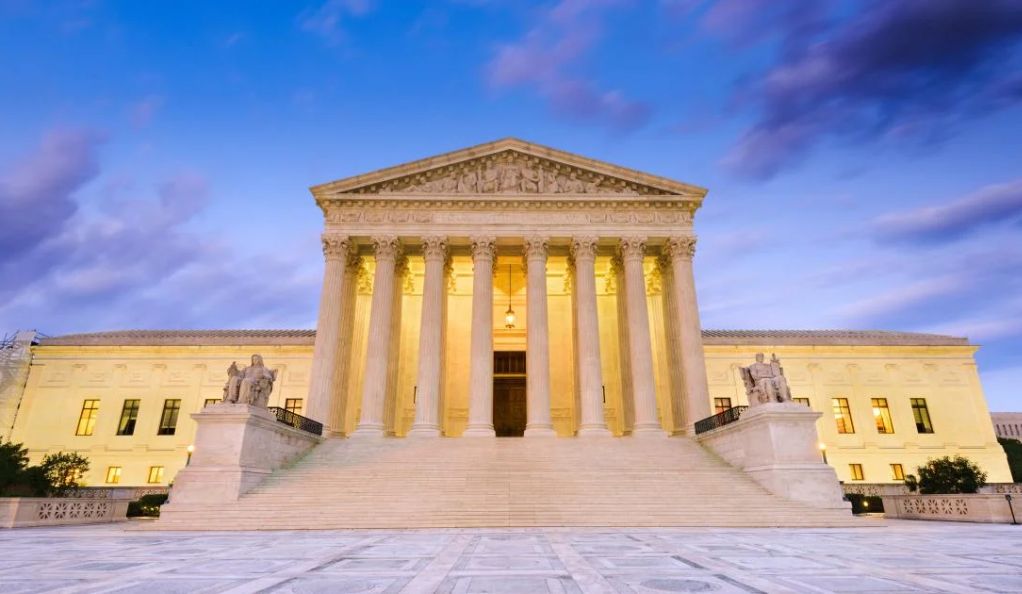SCOTUS Rejects Nike, Adidas Patent Dispute
The Supreme Court of the United States (SCOTUS) has recently rejected a patent dispute case between Nike and Adidas, two major sports brands. The case involved a dispute over a patent for knitted shoe uppers, which Adidas claimed Nike had infringed upon. However, the Supreme Court ruled in favor of limitations on patent law, effectively putting an end to the case.

SCOTUS Denies Nike and Adidas Patent Case
The dispute between Nike and Adidas began in 2012 when Adidas filed a lawsuit against Nike, claiming that Nike had copied its patented knitted shoe upper technology. Adidas argued that Nike’s Flyknit shoes were too similar to its own Primeknit shoes and that Nike had violated its intellectual property rights. Nike, on the other hand, claimed that Adidas had not properly patented its technology and that Nike’s Flyknit shoes were different from Adidas’s Primeknit shoes.
The case made its way through several lower courts before reaching the Supreme Court. However, the Supreme Court ultimately denied the case, ruling that Adidas’s patent was too broad and that Nike’s use of similar technology did not infringe upon Adidas’s patent. This ruling effectively put an end to the dispute between the two sports brands.
Supreme Court Rules in Favor of Patent Law Limitations
The Supreme Court’s ruling in this case has important implications for patent law. The Court’s decision to limit the scope of Adidas’s patent shows that it is not enough to simply obtain a patent; the patent must also be specific and narrowly tailored. Additionally, the Court’s ruling shows that there are limits to what can be patented, and that competitors are free to use similar technologies as long as they do not infringe upon the patented technology.
Overall, the Supreme Court’s decision in this case is a victory for limitations on patent law and a reminder that patents must be specific and tailored to a particular innovation. The ruling also shows that competitors are free to use similar technologies as long as they do not infringe upon the patented technology.
The Supreme Court’s rejection of the Nike and Adidas patent dispute case is a significant moment in patent law. The case serves as a reminder that patents must be specific and tailored to a particular innovation, and that competitors are free to use similar technologies as long as they do not infringe upon the patented technology. The ruling is a victory for limitations on patent law and highlights the importance of a balanced approach to intellectual property rights.
AllIn1Bitcoins works diligently to offer impartial and trustworthy data on cryptocurrency, finance, trading, and stocks. Nonetheless, we are unable to furnish financial counsel and encourage users to undertake their own inquiries and due diligence.












